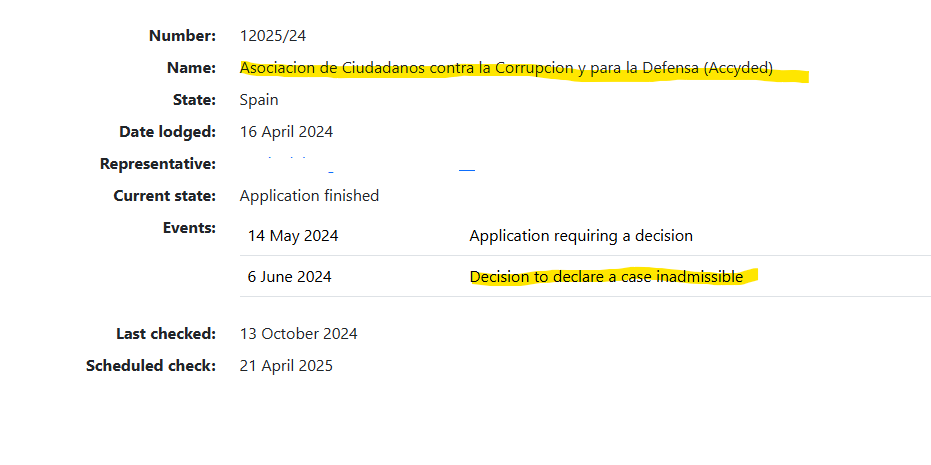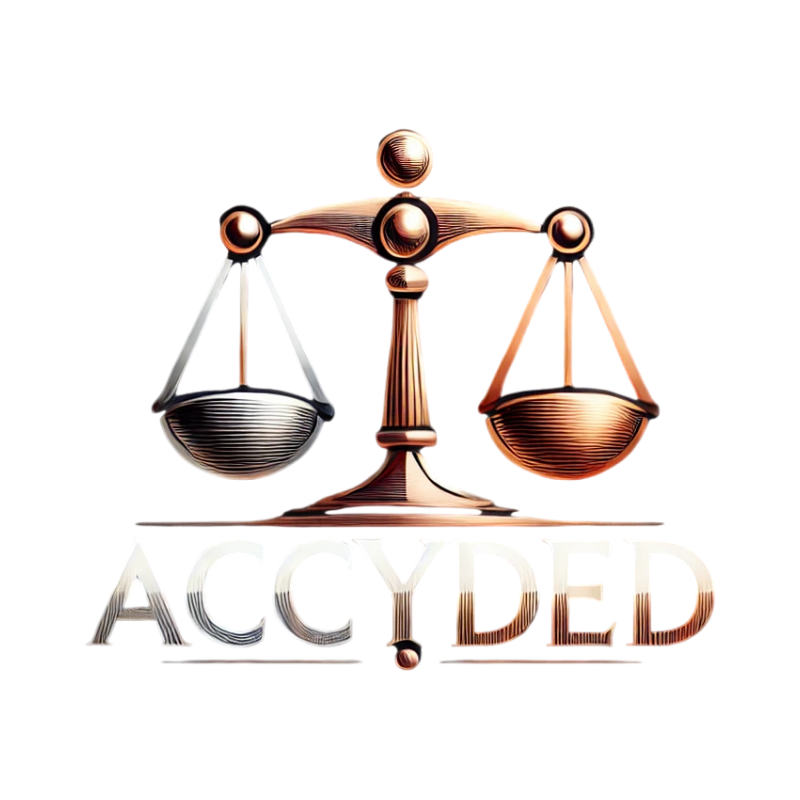The "pro-homine interpretation" is an essential legal principle in the field of human rights, the purpose of which is to guarantee the maximum protection and effectiveness of fundamental rights. This principle, widely recognized internationally, is also enshrined in our Constitution, specifically in article 10.2. .. I wonder: how is it possible that we find ourselves before the Court of Justice of the European Union (CJEU) demanding fundamental rights, such as equality, when our internal regulations are full of provisions that reflect rigor and commitment to their protection?
Numerous articles of our Constitution reinforce these principles, such as article 9.2, which imposes on public powers the obligation to promote the conditions so that freedom and equality are real and effective. Likewise, article 53.2 establishes the right of any citizen to file an appeal for unconstitutionality, granting this procedure a priority and summary nature. Likewise, our country has ratified treaties such as the European Convention on Human Rights (ECHR) and the International Covenant on Civil and Political Rights (ICCPR), in addition to being attached to the European Court of Human Rights (ECHR), in charge of ensuring compliance. , however.....
 |
 |
The Constitutional Court (TC) has not considered it of "constitutional interest" to address situations in which the principle of equality is violated in our country (we remind you that there are 240,000 persons with special jurisdiction, including all our judges), despite the fact that this constitutes a fundamental pillar of any "democratic State governed by the rule of law". This breach creates a worrying disconnect between the theory of fundamental rights and their practical application in the daily lives of citizens.
On the other hand, the European Court of Human Rights (ECHR) has also not paid attention to this violation of fundamental rights in the Kingdom of Spain, which raises questions about the effectiveness of international mechanisms for the protection of human rights and the capacity of European institutions to guarantee compliance with the standards they defend.
In short, we are immersed in a supposedly "normative" system but in reality full of "programmatic" rules that have no real consequences because they are not complied with. This gap in the effective application of rights reinforces the feeling that the rules are nothing more than symbolic declarations, the violation of which does not generate a tangible impact on the accountability of public powers. As the saying goes, "a word to the wise is enough." If the people do not become aware of these shortcomings, inaction will continue to prevail, perpetuating a system where, if no one claims or supervises, "nothing happens."
It is crucial that the State, both at national and international level, strengthens the mechanisms of control and accountability to ensure that fundamental principles are not relegated to simple declarations of intent. If this step is not taken, the right to equality and other essential principles run the risk of remaining in the realm of rhetoric, with no real impact on social justice or the lives of citizens.
Replacing the inaction of our "international & national powers", we are already before the CJEU demanding our rights... wait for news!!!





